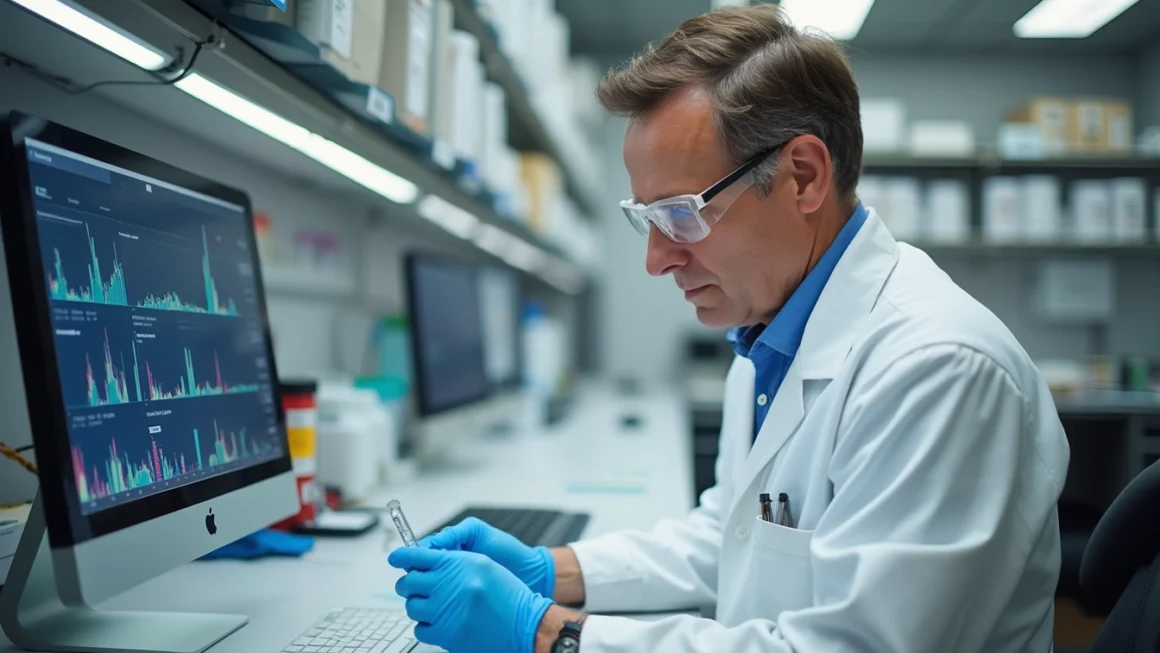In a groundbreaking move, the United States Food and Drug Administration (FDA) has given the green light to the world’s first vaccine designed to protect honeybees against American foulbrood disease. This approval marks a significant milestone in the ongoing efforts to safeguard these crucial pollinators and maintain the delicate balance of our ecosystems.
Understanding American Foulbrood Disease
Table of Contents
American foulbrood disease is a severe bacterial infection that affects honeybee colonies, particularly targeting their larvae. Caused by the bacterium Paenibacillus larvae, this highly contagious disease can rapidly spread throughout a hive, leading to the death of entire colonies if left unchecked. The impact of this disease extends far beyond individual hives, posing a substantial threat to agricultural productivity and biodiversity.
The Significance of the New Vaccine
The newly approved vaccine represents a major breakthrough in bee health management. Developed by Dalan Animal Health, a biotech company specializing in insect health, this innovative solution offers a non-toxic and environmentally friendly approach to combating American foulbrood disease. Unlike traditional methods that often involve destroying infected hives, this vaccine provides a preventive measure that could potentially save millions of bees and protect vital pollination services.
How the Vaccine Works
The vaccine’s mechanism of action is both elegant and effective. It utilizes killed whole-cell Paenibacillus larvae bacteria to stimulate an immune response in honeybees. The vaccine is administered to the royal jelly, a substance fed to queen bees. As the queen consumes the treated royal jelly, she passes on immunity to her offspring, effectively creating a colony-wide defense against the disease.
Implications for Beekeeping and Agriculture
The approval of this vaccine has far-reaching implications for the beekeeping industry and agriculture at large. By providing a new tool to combat American foulbrood disease, beekeepers can potentially reduce their reliance on antibiotics, which can lead to resistance over time. This development could result in healthier bee populations, more resilient colonies, and ultimately, more stable pollination services for crops worldwide.
Economic Impact
The economic benefits of this vaccine could be substantial. Honeybees play a crucial role in pollinating numerous crops, contributing billions of dollars to the global economy annually. By protecting these invaluable pollinators, the vaccine indirectly safeguards food security and agricultural productivity. Automation tools in agriculture could further enhance the implementation and monitoring of such innovative solutions, ensuring widespread adoption and effectiveness.
Environmental Considerations
From an environmental perspective, the vaccine offers a more sustainable approach to bee health management. By reducing the need for antibiotics and eliminating the necessity to destroy infected hives, this solution aligns with eco-friendly practices in agriculture and beekeeping. It represents a step towards more harmonious coexistence between human agricultural activities and natural ecosystems.
Challenges and Future Prospects
While the approval of this vaccine is a significant milestone, challenges remain in its widespread implementation. Educating beekeepers about the vaccine, ensuring its accessibility, and monitoring its long-term effectiveness will be crucial steps in the coming years. Additionally, ongoing research will be necessary to adapt the vaccine to different strains of the disease and potentially develop similar solutions for other bee-related health issues.
Potential for Global Impact
As this technology proves successful in the United States, there is potential for its adoption on a global scale. Collaborative efforts between researchers, beekeepers, and regulatory bodies worldwide could lead to improved bee health management practices across different regions, contributing to global food security and biodiversity conservation.
Conclusion
The FDA’s approval of the world’s first honeybee vaccine against American foulbrood disease marks a pivotal moment in the fight to protect these essential pollinators. This innovative solution not only offers hope for healthier bee populations but also demonstrates the power of scientific research in addressing complex environmental challenges. As we move forward, the success of this vaccine could pave the way for more groundbreaking solutions in insect health, ultimately contributing to a more sustainable and resilient global ecosystem.




